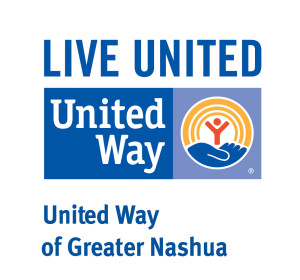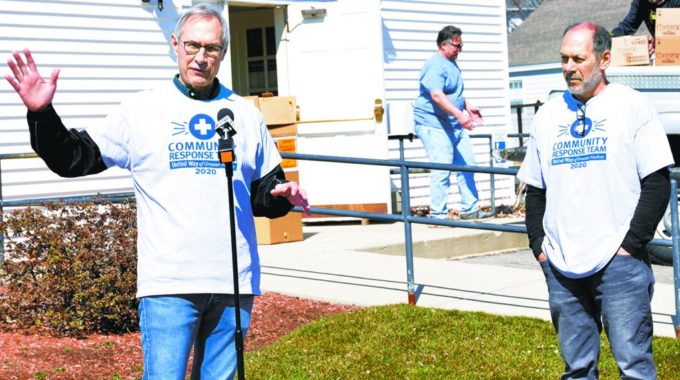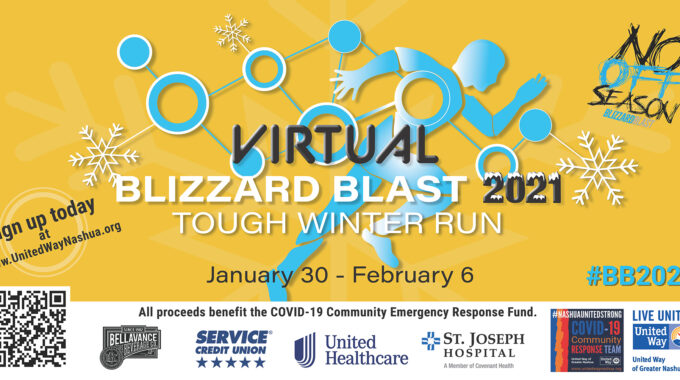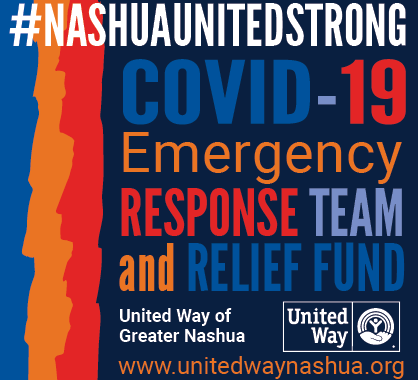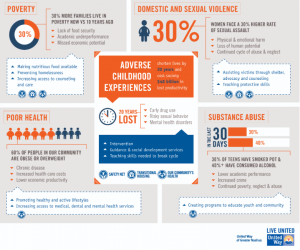
Investing in the community – access to healthcare
Very frequently part of my job at United Way is to speak with employers and employees about how donations they make funnel through our process to make an impact in the community. As an organization, we focus on the needs of the overall community in terms of health, education, and economic mobility, rather than being focused on a single issue. I find this is sometimes a little bit challenging since people tend to be single issue focused. With a philosophy that embraces the overall strength of the community, the single issue donor often requires a story or two to make our approach make sense, and that is what I will try to do in this month’s article. It should be emphasized that I also have those special issues or causes that I am drawn to, so I understand in my heart their appeal. In fact, before the conversation starts, I often tell folks that I’m a little bit jealous of my good friends at the Humane Society, since their fundraising appeal is so to-the-point. After all, who wouldn’t want to help save a homeless animal? As one who has adopted numerous cute puppies over the years, I get that!
In describing the United Way process, I generally will start with a description of our community needs assessment. When we look at creating a snapshot of how we are doing as a community, we draw upon data sources such as the census, the school districts, the welfare department, and the health department. From these disparate data sources, we attempt to draw up a picture of “how are we doing” in Greater Nashua. Are we getting better? Are we getting worse? Where should we focus our efforts? By now, I suspect that you, the reader, might be starting to nod off… Maybe I’ve lost your attention? I see that reaction on the road. BORING! Not puppies or kitties.
At this point, then, I tell a story, and to this end I will give you a real example. In our most recent needs assessment we identified that access to healthcare for homebound, elderly, low income individuals is a real problem in our community and is getting worse. This is due to a confluence of factors, including our aging population (we are now the third oldest state in the country – older than Florida!), combined with a relatively poor public transportation infrastructure (try taking the bus from Wilton or Litchfield to Nashua sometime), and at the same time an elderly population which is finding it increasingly difficult to afford their own homes due to our property tax heavy system of state finances.
That is the problem in a nutshell. I would ask you to imagine an elderly grandma named Ethel, who lives in her home in Wilton, by herself. She cannot drive and her kids live in Colorado. And she doesn’t have a lot of money. Ask yourself, how does Ethel get to her primary care physician to have her needs attended to? The answer, in a great many circumstances, would be that she doesn’t in fact go to the doctor UNTIL she perhaps falls down and breaks her hip, resulting in an ambulance ride to the emergency room. Do you, the reader, believe this is an effective system of providing healthcare? We would point out that it is, in fact, the most expensive, least proactive, possible way to take care of Ethel.
With that picture of the situation in mind, United Way will then take our community assessment out to the wonderful family of Greater Nashua non-profits and solicit very specific proposals to deal with these identified needs. In this actual example, St. Joseph Hospital proposed to us a grant to help them to purchase and outfit a medical van that will be put on the road throughout our community and be operated with the support of the Health Department and Rivier University. On the van will be a doctor, and dentist, and dental chair, a substance abuse counselor, and a mental health professional. The van is our community’s approach to getting to Ethel, since clearly she cannot be taken care of in our traditional system, and she represents a growing need. Of course a proposal like that, which addresses community needs and has quantifiable outcomes is precisely what United Way would want to fund… and so we did, along with 28 other programs which are working effectively to improve circumstances in Greater Nashua. In the coming few articles, I will highlight a few others so that you can better understand the breadth and depth of the needs and solutions present in our community.
The bottom line to this story is really very simple: when you consider donating to something, it is great to support single issues, but it is also great to consider the overall community. Sort of like building an investment portfolio of single stocks and more general mutual funds, the greatest impact can be made with a diverse strategy. In any case, thank you for LIVING UNITED and helping to make Greater Nashua a stronger, healthier, and smarter community!
Mike Apfelberg is President of the United Way of Greater Nashua.

